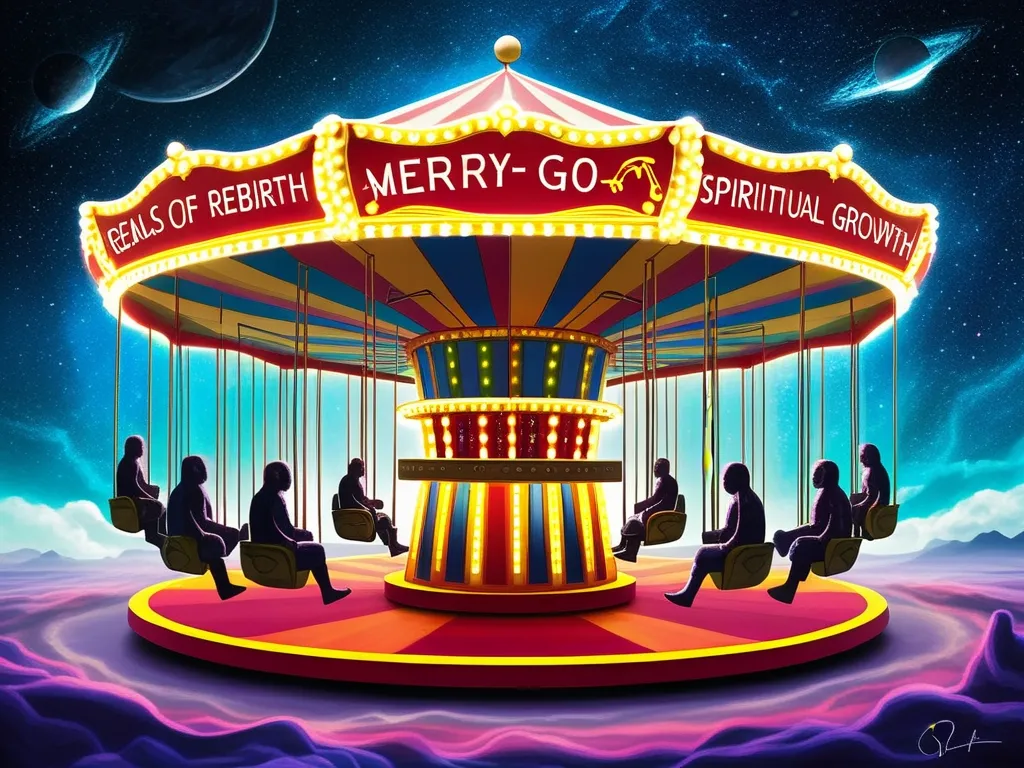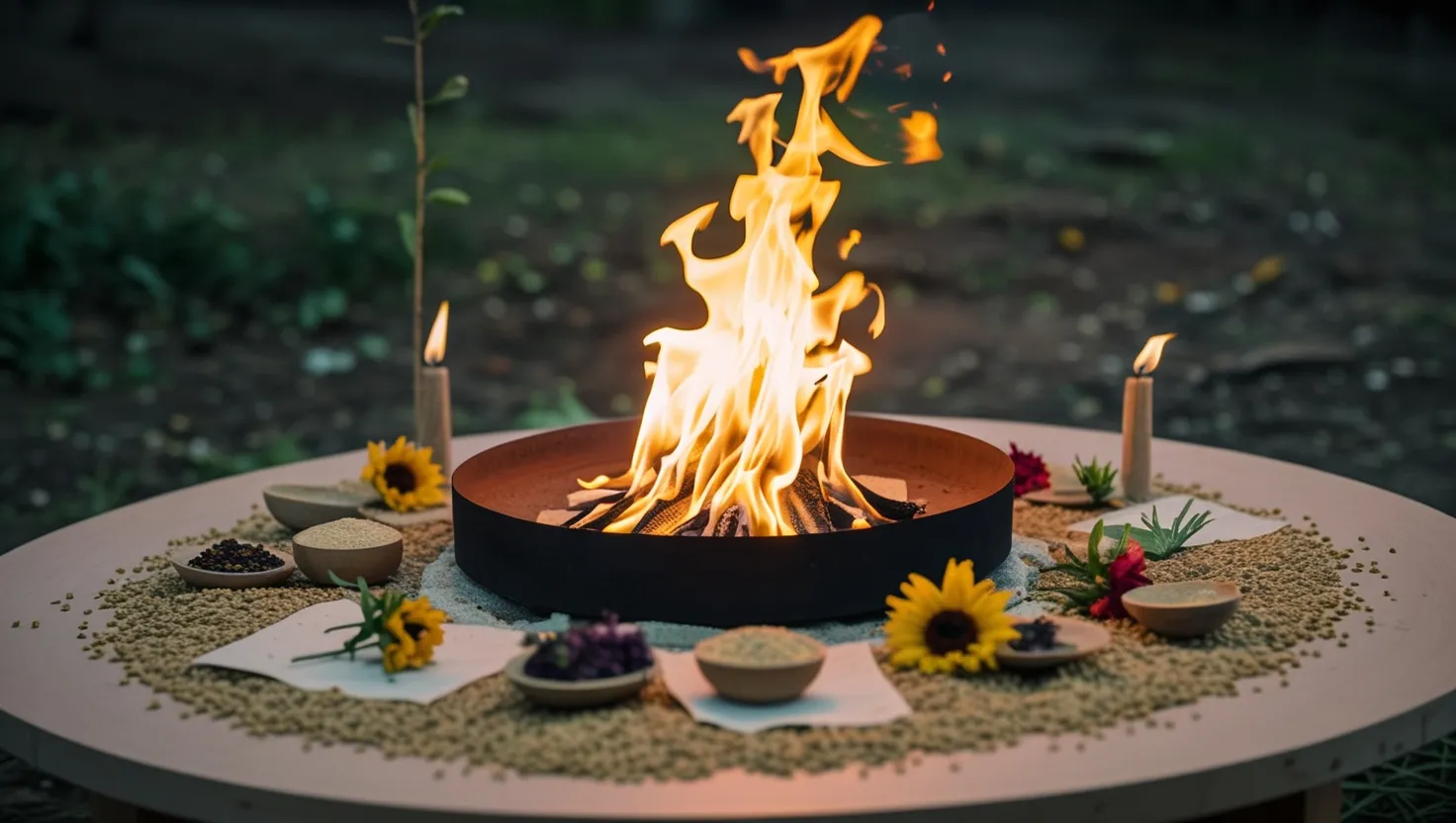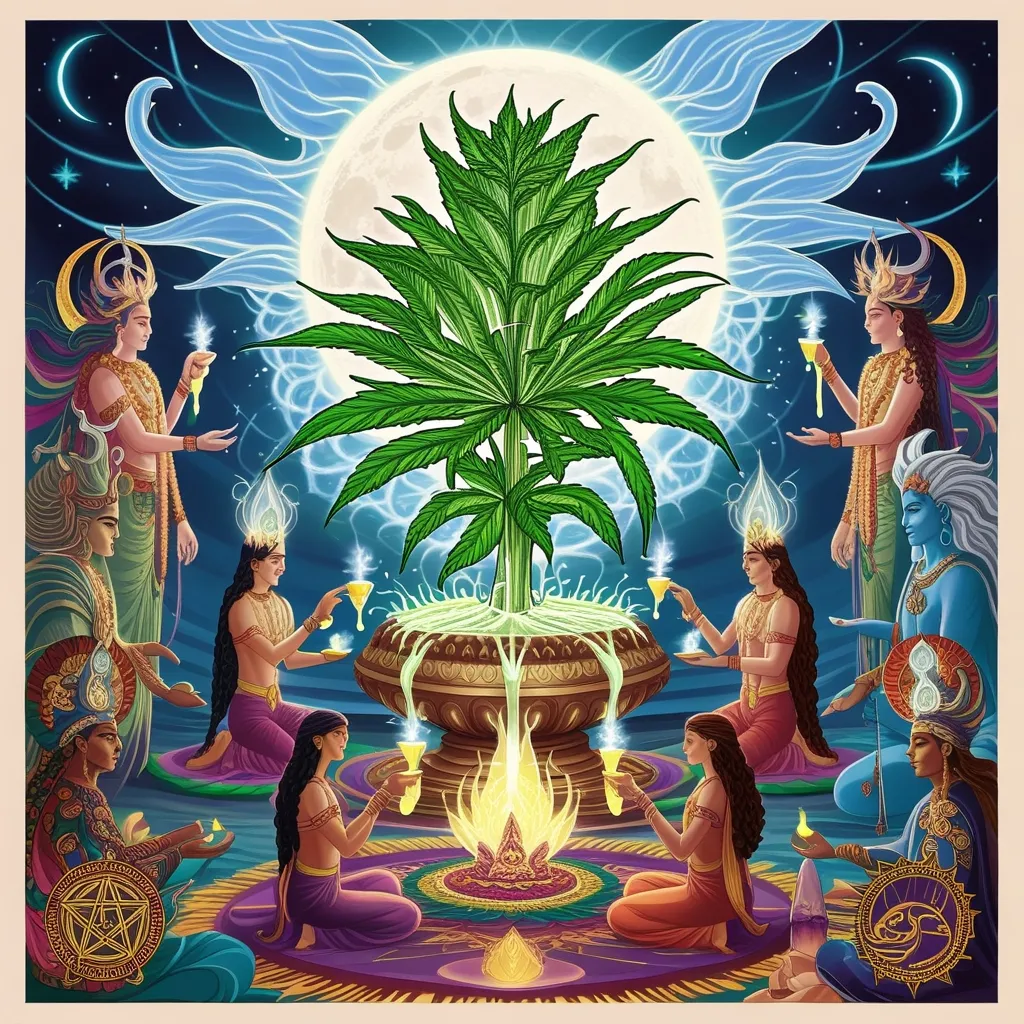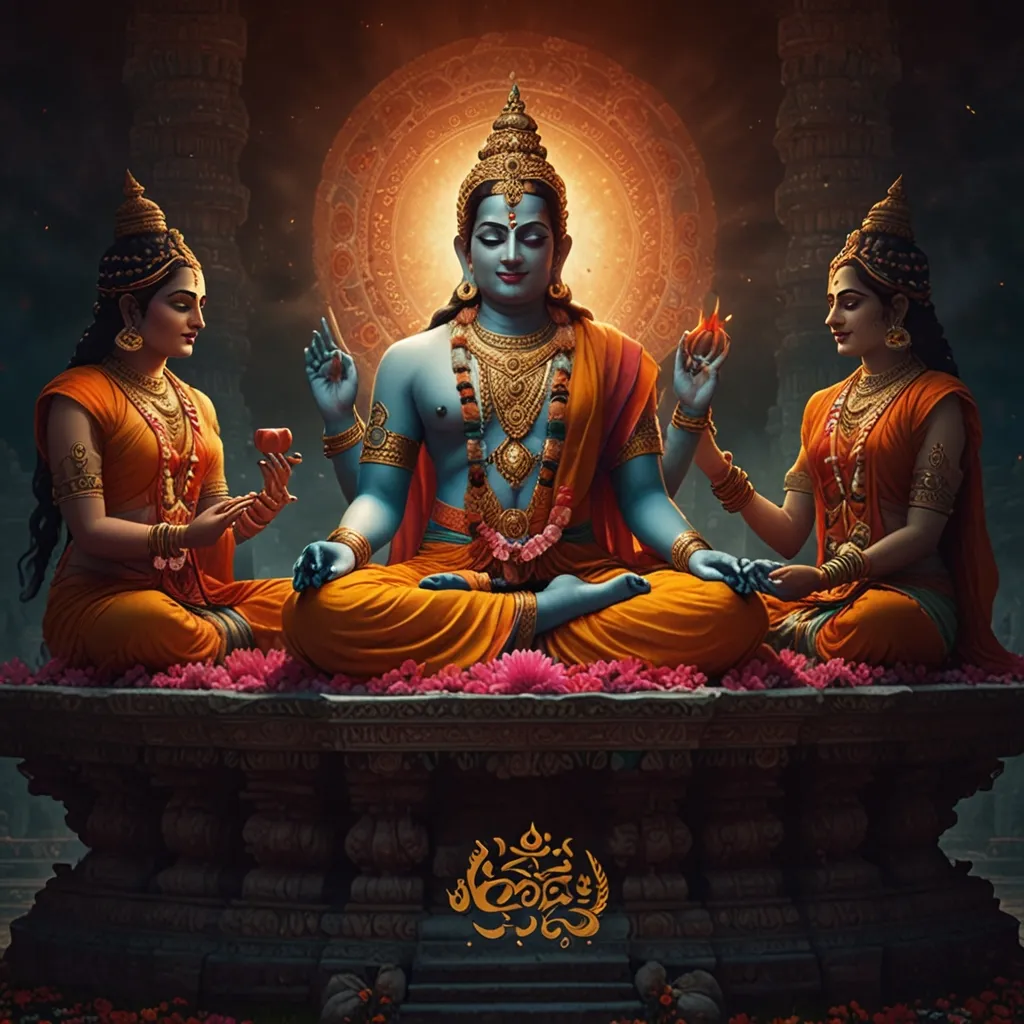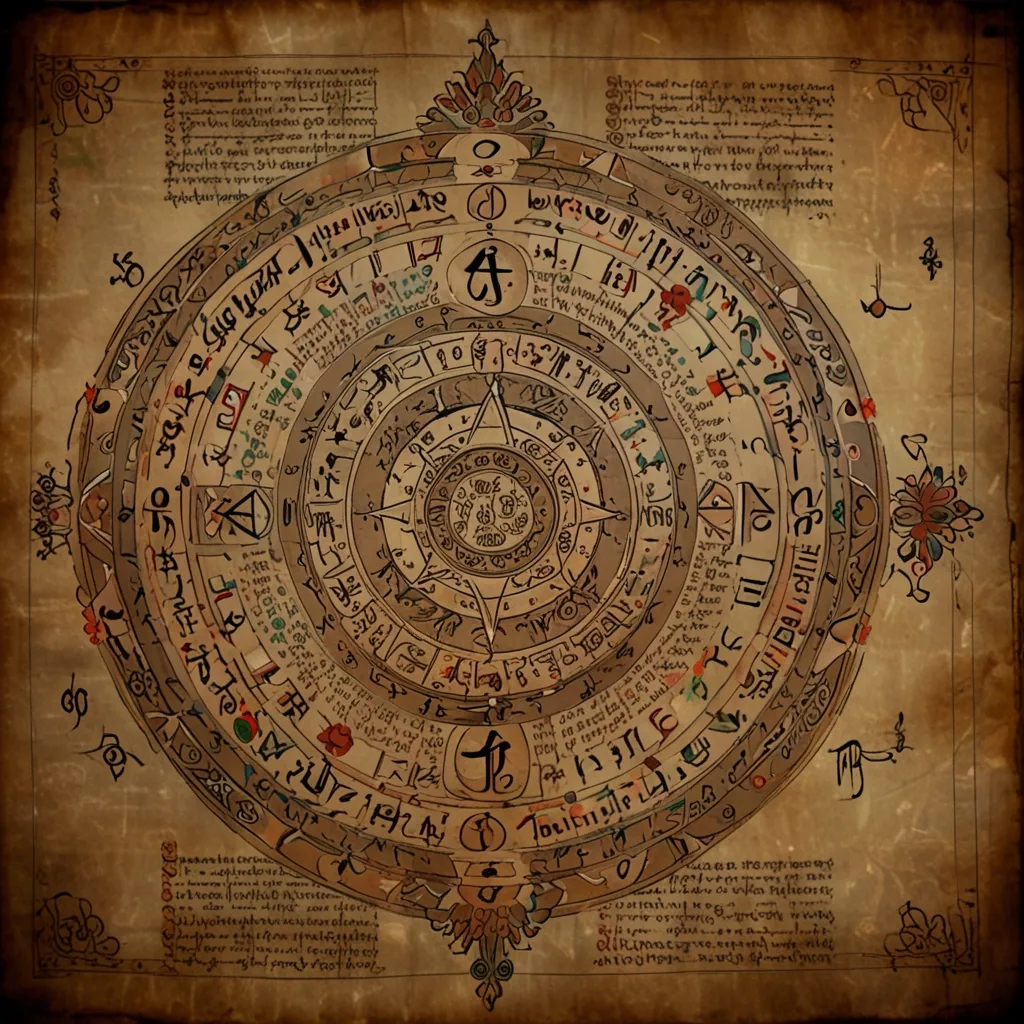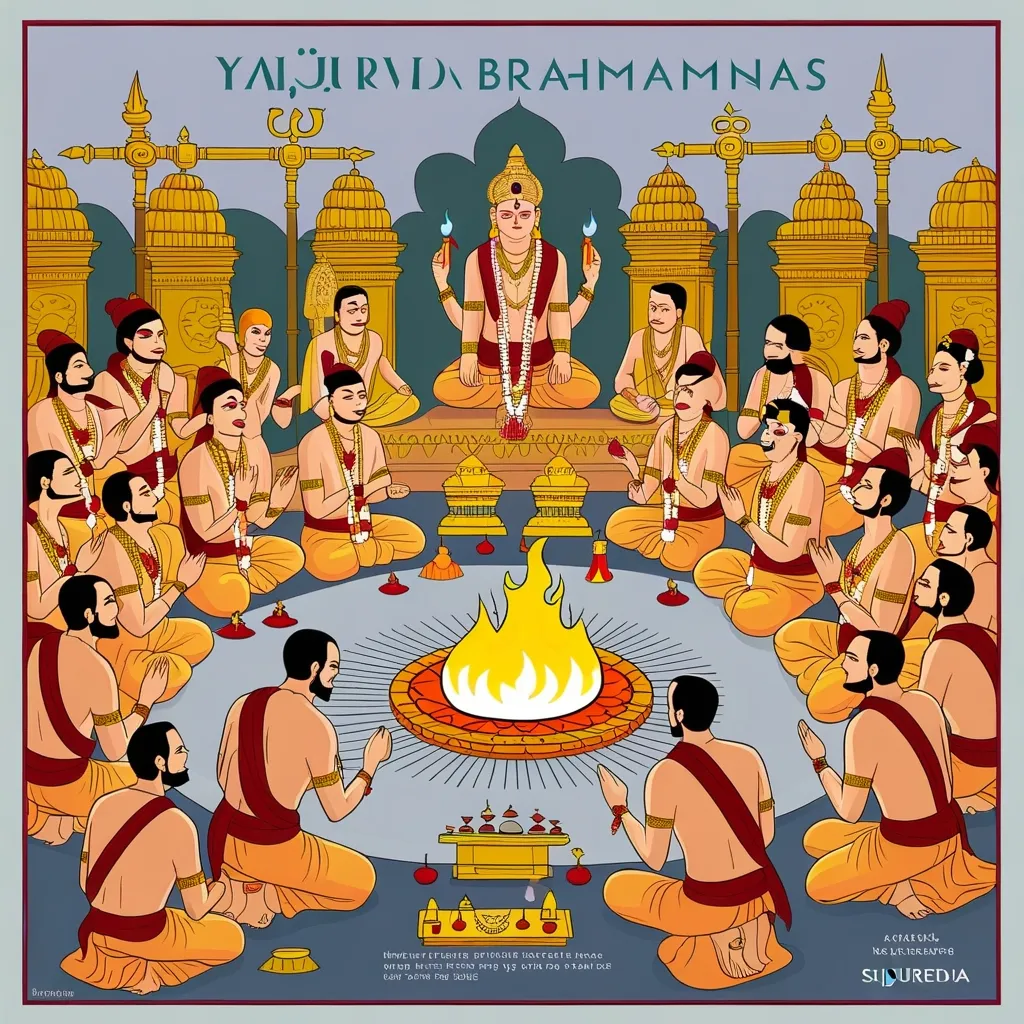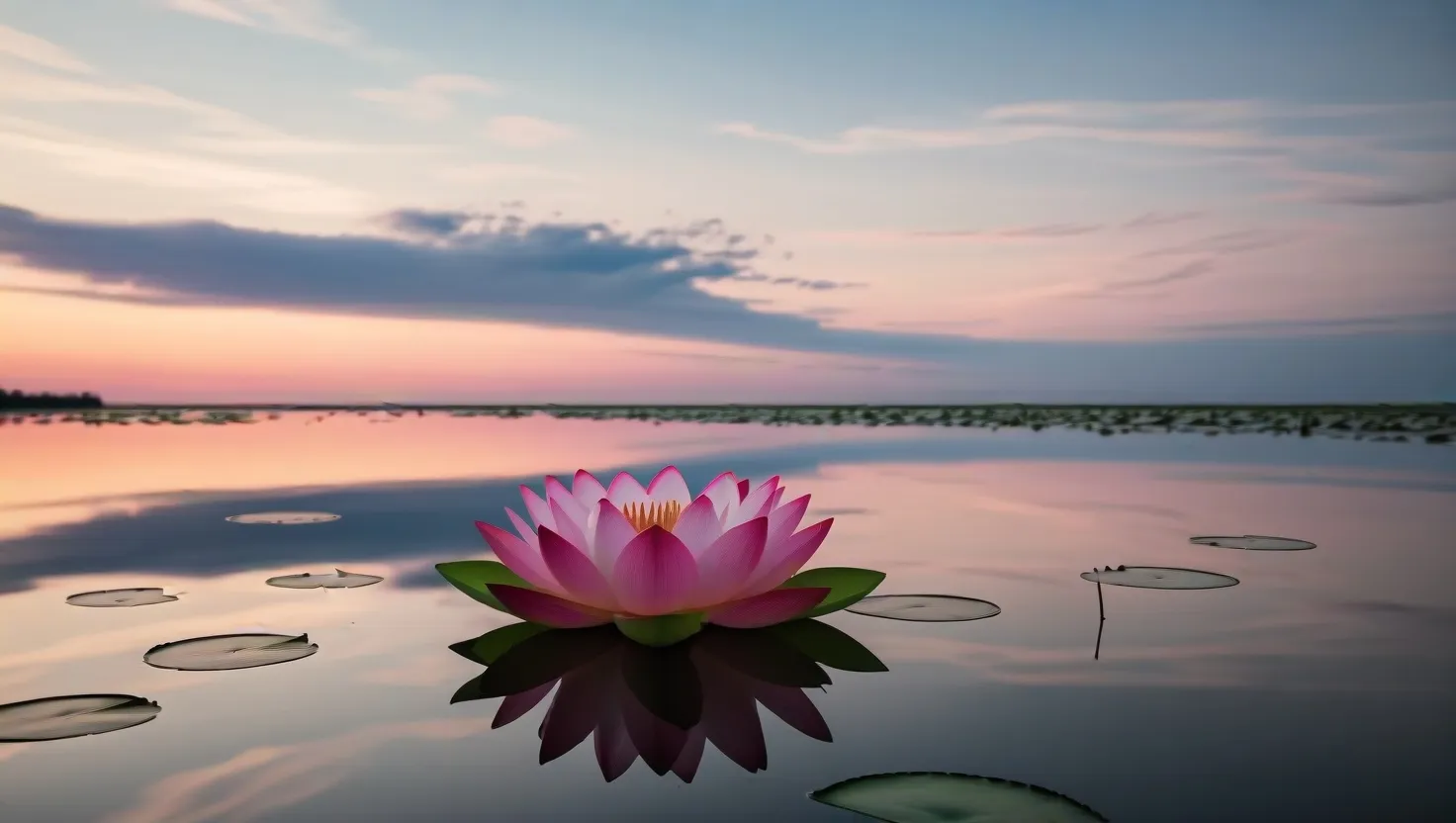Death and Rebirth in Hinduism: A Journey of the Soul
Hinduism, one of the world’s oldest religions, offers a fascinating perspective on life, death, and what comes after. It’s not just about living once and calling it quits. Nope, it’s way more interesting than that. Imagine life as this epic adventure that doesn’t end when your body gives up the ghost. Instead, it’s like hitting the restart button on a video game, but with a twist – your next life is shaped by how you played the previous round.
At the heart of this belief is something called Samsara. Think of it as this giant cosmic merry-go-round of birth, death, and rebirth. You hop on, live a life, die, and then hop back on for another spin. But here’s the kicker – it’s not random. Your ticket for the next ride is punched by something called karma.
Now, karma isn’t just about good vibes and bad juju. It’s like this invisible scorecard that keeps track of everything you do, think, and even intend. Been kind to others? That’s a plus on your cosmic credit score. Been a jerk? Well, you might want to brace yourself for your next life. It’s not about punishment, though. It’s more like a universal balancing act, giving you chances to grow and learn.
So, what happens when you kick the bucket? In Hinduism, death isn’t the end of the road. It’s more like changing trains on a long journey. Your soul, or Atman as it’s called, packs its bags and heads off on a new adventure. Sometimes, if you’ve got unfinished business or met an untimely end, your soul might hang around for a bit as a ghost. It’s like being stuck in a cosmic waiting room until you’re ready to move on.
But the ultimate goal isn’t to keep riding this merry-go-round forever. The big prize is something called Moksha. It’s like the ultimate level-up, where you break free from the cycle of rebirth. You realize who you really are at your core – not just a body or a personality, but something way bigger and more awesome. Getting there isn’t easy, though. It takes a lot of spiritual heavy lifting, letting go of attachments, and figuring out some deep truths about yourself and the universe.
Here’s a cool bit – what you’re thinking about when you die can actually influence where you end up next. It’s like your last thoughts are setting the GPS for your soul’s next destination. So, if you check out while thinking peaceful, happy thoughts, you’re more likely to land in a sweet spot for your next life. It’s a good reason to try and keep your cool, even when things get tough.
The whole reincarnation process isn’t like jumping from one life to the next in an instant. There’s this in-between stage where your soul might take a detour through different realms. Think of it like a layover on a long flight. You might spend some time in a heavenly place if you’ve been good, or face some not-so-pleasant experiences if you’ve been naughty. Eventually, though, you find yourself back on Earth, often born into a family that’s somehow connected to your past lives.
The ancient Vedas, some of the oldest texts in Hinduism, have a pretty poetic take on death. They see it as part of a natural cycle, like the changing seasons. In their view, when you die, your soul heads up to the sun for a bit of R&R before coming back down to Earth as rain. It’s a beautiful way of seeing how life and death are all part of the same big picture.
Now, let’s get personal for a moment. Imagine you’ve lived countless lives before this one. In one life, you might have been royalty, in another, a humble farmer. Each life is like a different dream, teaching you something new. Maybe in a past life, you were all about the bling and material stuff, but now you’re more interested in finding inner peace. That’s growth, baby!
At the core of all this is a pretty mind-blowing idea – that deep down, we’re all connected. Your true self, that Atman we talked about earlier, is like this silent observer watching you go through all these different lives. It’s the real you that never changes, even as you play different roles in each life.
So, what’s the point of all this? Well, these teachings aren’t just ancient philosophy. They’re a guide for living a meaningful life. They encourage us to be good people, not just because it’s nice, but because it shapes our future. They remind us that every action counts, that we’re responsible for our own destiny.
Living with this perspective can be pretty liberating. It takes the pressure off this one life being all there is. Had a rough day? No worries, you’ve got more chances coming. But it also adds weight to our choices. Every kind act, every moment of compassion, is like planting seeds for a better future – not just for ourselves, but for everyone around us.
In the end, this journey through multiple lives is all about discovering who we really are. It’s about peeling back the layers of illusion and realizing our true, immortal nature. Each life is a chapter in an epic story, and we’re both the author and the main character.
So, next time you’re facing a tough decision or wondering about the meaning of life, remember – you’re on a grand adventure that spans lifetimes. Every moment is a chance to grow, to learn, and to move a step closer to understanding the big mysteries of existence. And who knows? Maybe in your next life, you’ll be the one writing about all this stuff, sharing wisdom from your countless adventures through the cosmos.
